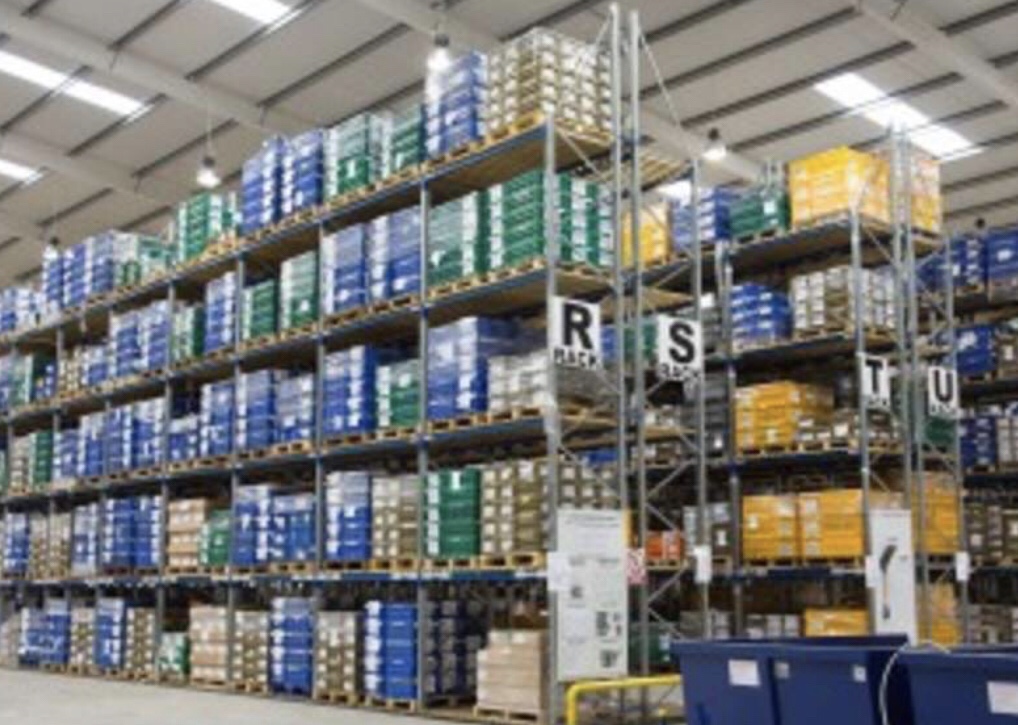I am a great Zlatan Ibrahimovic fan. People reading this blog know that. I grew up with Diego Maradona and for me he is the one. My forst memories of football are the World Cup final in Mexico City 1970 with Pele. I remember the final 1974 with Cruyff and Beckenbauer. I love the play of Zendine Zidane, Platini and Eric Cantona. In our time you have to be impressed by Christiano. Neymar is good but not up there yet. Mbappe is the future.

However the question must be asked, has there ever been any better football player than Lionel Messi? The answer is naturally: no. Leo Messi is the best player ever. He is not the most succesful one, that is Dieago Maradona. He is not the fatber of footbal, that is Edson Arantes do Nascimento – Pele. He is not the most tactoc player, Beckenbaur. He is not the player that has have most influence over the game, that is Johan Cruyff. He is not my favourite, you know who that is….
But. Leo Messi is the best ever.

Malmö FF is my club and we have had great players like Zlatan, our giant Bo Larsson and our present captain Markis Rosenberg that ks a hero amlng fans. I love my club.

I am also a FC Barcelona member and a Barca fan. Having seen the golden years with Xavi and Iniesta, the captain of captains – Carles Puyol, it is difficult not to like FC Barcelona. Whenever I can see a game at Camp Nou I do so. I always loved the ‘Mais que um clube’ statement. FC Barcelona is really more than a club.
BBC Radio 4’s Today Programme is in the North East, which according to the government’s Brexit assessment will be hard hit by the UK’s exit form the EU.
Alan Ferguson, boss of Northumberland-based haulier Fergusons Transport, tells the programme that he is not too worried about the concerns that carmaker Nissan may pull out of the region.
“You have to learn to react, we’re used to that,” he says.

His warehouses are benefitting from Brexit concern, though.
“Whilst Brexit is a worry, for [the warehousing] business it’s been pretty good… If you talk to anybody who has a warehouse in the country everybody is stockpiling because they don’t know what’s going to happen with customs controls,” he says.
He hopes for a deal, and thinks there will be one. He uses the example of Germany, which he says needs to sell its cars to the UK.
Source: BBC News
The UK government is due to hold emergency talks with industry leaders on Tuesday after discovering that the country doesn’t have the right pallets to continue exporting goods to the European Union if it leaves without a deal next month.
Under strict EU rules, pallets – wooden structures that companies use to transport large volumes of goods – arriving from non-member states are required to meet a series of checks and standards.

Wood pallets must be heat-treated or cleaned to prevent contamination and the spread of pests, and have specific markings to confirm that they are legal in EU markets.
Most pallets that British exporters are using do not conform to these rules for non-EU countries, or “third countries,” as EU member states follow a much more relaxed set of regulations.
The Department for Environment, Food, and Rural Affairs last week told business leaders that the UK would not have enough EU-approved pallets for exporting to the continent if it leaves without a withdrawal agreement next month.
That means UK companies would be competing for a small number of pallets which meet EU rules, and those that miss out would be forced to wait for new pallets which could take weeks to be ready.
DEFRA arranged for a conference call to take place on Tuesday morning to discuss the pallet shortage, with 31 days until Brexit day on March 29. Attendees described it as an “emergency” meeting.
A DEFRA source insisted that it was not an emergency. “These are official led discussions with key representatives from the food and drink industry, building on the weekly meetings we have held for some time,” they told BI.
“It is the tiny, procedural, mundane-seeming stuff that will absolutely trip people up,” one industry figure briefed by Prime Minister Theresa May’s government told Business Insider, adding that the country was “not even remotely ready” for a no-deal Brexit.
Affected industry figures who were scheduled for talks with the government said they were baffled about why it took ministers so long to learn of the dearth of pallets, given that they are a basic feature of cross-border trade.
“The point of transition was that it provided the two years we needed to get ready,” one business figure told Business Insider. “Now we are trying to get ready in a few weeks. What sort of lunatic would do that?”
They added that DEFRA Secretary Michael Gove had recently “tried to rally” other government ministers to acknowledge the myriad problems posed by a possible no-deal scenario, with new issues arising for manufacturers on a daily basis.
Labour’s shadow DEFRA secretary, Sue Hayman, urged May to “take a disastrous no-deal off the table.”
“Everything about this government’s handling of Brexit has been a shambles, so this news sadly comes as no surprise,” Hayman said. “The level of incompetency and lack of forward planning demonstrated by government has created risk and uncertainty for some of the UK’s largest manufacturing sectors, including the food, drinks, and chemicals industries.”
A DEFRA representative said the government would seek a reciprocal arrangement on pallets with the EU.
“We have been meeting weekly with representatives from the food and drink industry for many months to help prepare for all scenarios as we leave the EU,” they said.
“As part of those meetings we have discussed a range of issues relating to the import and export of our goods, including pallets. We have already committed to retaining our current pallet import approaches post-exit, and we hope the EU will confirm that it will reciprocate our commitment.”
Source: Business Insider






You must be logged in to post a comment.